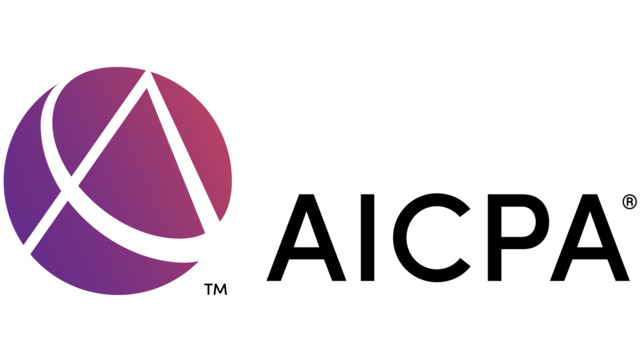Last week, the American Institute of CPAs submitted recommendations to the IRS to address the use of electronic options to interact with the IRS and to electronically file income tax returns.
The letter acknowledges that while e-signature relief is needed in light of the pandemic, it is important that a permanent solution is reached that will allow taxpayers and their representatives to “embrace the digital and global environment and move away from manual, paper-based processing.”
With the upheaval created by COVID-19, tax return preparers, alongside their clients and the IRS, are working remotely to comply with public health directives. To help maximize the IRS’ ability to execute on critical duties in a remote working environment, the IRS has temporarily allowed its employees to accept e-signatures on documents related to examination and collection of tax liability. The AICPA believes that the IRS should expand e-signature relief and make it permanent.
The Internal Revenue Code (IRC) requires any tax return, statement or other document be signed in accordance with forms or regulations prescribed by the Secretary of the Treasury. Legislation also directed the Secretary to develop procedures for acceptance of signatures in electronic form. Additionally, the Secretary may waive the requirement of a signature on an electronically filed tax return or provide for alternative methods of signing.
“We appreciate the care taken to safely re-open the IRS offices and understand why the IRS has encouraged taxpayers to use electronic options to interact with the IRS and to e-file income tax returns. However, in the interest of the health and safety of taxpayers, tax professionals and IRS employees, we urgently request that the IRS update its e-signature guidance and authentication requirements,” the letter states.
The AICPA requests the IRS modify its e-signature program and identity authentication requirements in the following areas:
- Expand use of Taxpayer Electronic Signatures
- Rely on IRM for Identity Authentication of Taxpayers by Electronic Return Originators (EROs)
- Expand Notice 2007-79
- Expand Notice 2004-54
“In the interest of the health and safety of taxpayers, tax professionals and IRS employees, we recognize the need to update the federal e-signature guidance and authentication requirements relating to standard filing procedures,” said AICPA Vice President of Taxation, Edward Karl, CPA, CGMA. “These measures will simplify the tax filing process while ensuring the safety and security of taxpayer information is maintained.”
Thanks for reading CPA Practice Advisor!
Subscribe Already registered? Log In
Need more information? Read the FAQs




